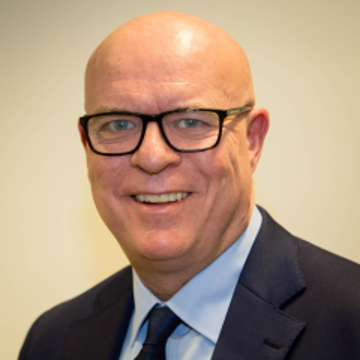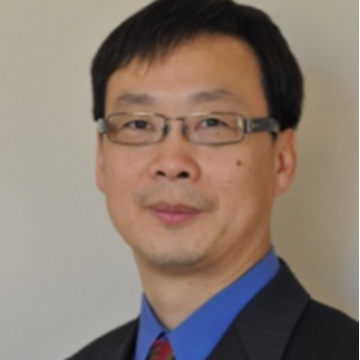These two Microcredentials are included in the ITSI Workforce Accelerator’s Semiconductor Faculty Certification Program. Faculty from ITSI partner countries are encouraged to view this flyer to learn more and request your institution to nominate you today. Faculty accepted into the program will begin by completing the microcredential listed below, followed by additional courses and workshops.
About the ITSI Workforce Accelerator: In collaboration with the U.S. Department of State’s Bureau of Economic and Business (EB) Affairs, Arizona State University (ASU) is implementing a program to help diversify the global semiconductor supply chain. This initiative is supported by the International Technology Security and Innovation (ITSI) Fund, established under the U.S. CHIPS and Science Act of 2022. The initiative seeks to expand semiconductor chip assembly, testing, and packaging (“ATP” or “downstream”) operations in key partner countries in the Americas (Mexico, Costa Rica, and Panama) and the Indo-Pacific (Indonesia, Philippines, and Vietnam), thereby fortifying a resilient supply chain for U.S. semiconductor manufacturers.



